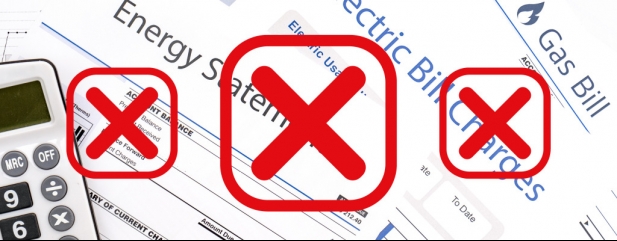Archived article
Please note that tax, investment, pension and ISA rules can change and the information and any views contained in this article may now be inaccurate.
Options for a SIPP that doesn’t need to pay bills

I retired two years ago from the NHS at age 60. My current annual NHS pension is about £36,000 after tax. This is indexed and enough to cover a comfortable lifestyle for me.
I have a SIPP account from which I took 25% tax-free cash three years ago and is currently worth £90,000 invested into five different diversified shares.
I do not need to draw down this SIPP at present and I do not want to buy an annuity. What are my options?
Fred (podcast listener)
Tom Selby, AJ Bell Senior Analyst says:
As you have accessed your 25% tax-free cash and the rest of your fund remains invested, I’m going to assume your fund has been ‘crystallised’ in drawdown.
‘Crystallising’ just means choosing a retirement income route and is a step you need to take to access your tax-free cash. When you crystallise your fund, HMRC will carry out a test to check how much lifetime allowance you have used.
Given you have already taken this step, there are two broad retirement income options open to you: use the remaining fund to generate a flexible income while staying invested through drawdown, or use it to purchase an annuity paying a guaranteed income for life. You can also combine the two.
However, you’ve said you don’t want to buy an annuity, so that just leaves drawdown.
Your main decision to make regarding your SIPP is when, or indeed if, you want to access this money and how quickly to do it.
For most people making sure the withdrawals from their SIPP can last their lifetime will be a key issue, although having a significant guaranteed income – such as your NHS defined benefit (DB) pension – might mean this is less of an issue for you.
As a very rough guide, for a healthy 65-year-old withdrawals at a rate higher than 3% to 4% of the initial value of the pot, rising each year with inflation, may risk it running out before you die. Whether this happens will depend on a variety of factors including your health and investment performance.
Tax should also be a consideration if you come to draw an income as taking large withdrawals – or indeed your entire SIPP fund at once – could see you pay more to HMRC than if you stagger withdrawals over time.
Note that taking taxable income from your SIPP will reduce your maximum available annual allowance from £40,000 to £4,000 a year (the ‘money purchase annual allowance’). The annual allowance is the total contributions you and your employer can make to your pension. The amount you personally can pay in may be lower than that amount.
Finally, when making decisions about accessing your SIPP you might want to think about passing money onto loved ones when you die.
Any money you don’t withdraw can be passed on to your nominated beneficiaries. If you die before age 75, then they won’t pay any income tax on any money they withdraw, while if you die after 75 it will be taxed in the same way as income when they withdraw money.
DO YOU HAVE A QUESTION ON RETIREMENT ISSUES?
Send an email to editorial@sharesmagazine.co.uk with the words ‘Retirement question’ in the subject line. We’ll do our best to respond in a future edition of Shares.
Please note, we only provide information and we do not provide financial advice. If you’re unsure please consult a suitably qualified financial adviser. We cannot comment on individual investment portfolios.
Important information:
These articles are provided by Shares magazine which is published by AJ Bell Media, a part of AJ Bell. Shares is not written by AJ Bell.
Shares is provided for your general information and use and is not a personal recommendation to invest. It is not intended to be relied upon by you in making or not making any investment decisions. The investments referred to in these articles will not be suitable for all investors. If in doubt please seek appropriate independent financial advice.
Investors acting on the information in these articles do so at their own risk and AJ Bell Media and its staff do not accept liability for losses suffered by investors as a result of their investment decisions.
Issue contents
Feature
First-time Investor
Great Ideas
- Experian reports reassuring growth
- Semiconductor cycle is turning to Micron’s advantage
- Polar Capital shares remain cheap despite high quality status
- Genus shares hit new record high after upgrading guidance again
- Knockout performance from Baillie Gifford US Growth
- Buy into Disney’s long-term dominance of the entertainment sector
Money Matters
News
- Major breakthrough for Netflix as it aims to be self-sustaining
- Three small cap new issues are currently flying high
- Investors buying IAG shares will have to pay new Spanish tax
- Shares in McDonald’s stall as challenges mount
- Shares in cruise operators start to rise as potential early vaccine beneficiaries
- High hopes for Bahamas Petroleum exploration well

 magazine
magazine








